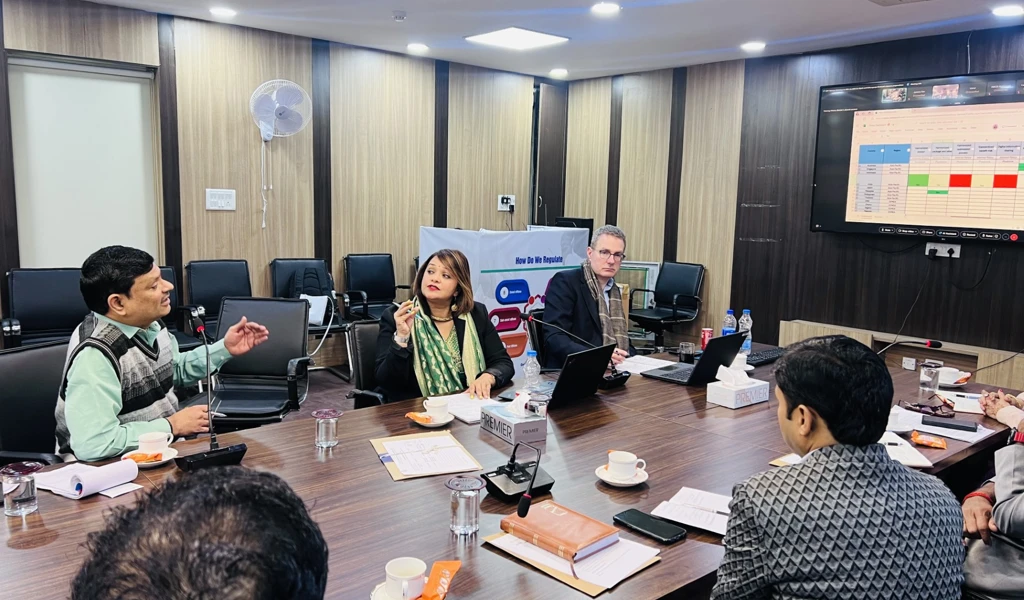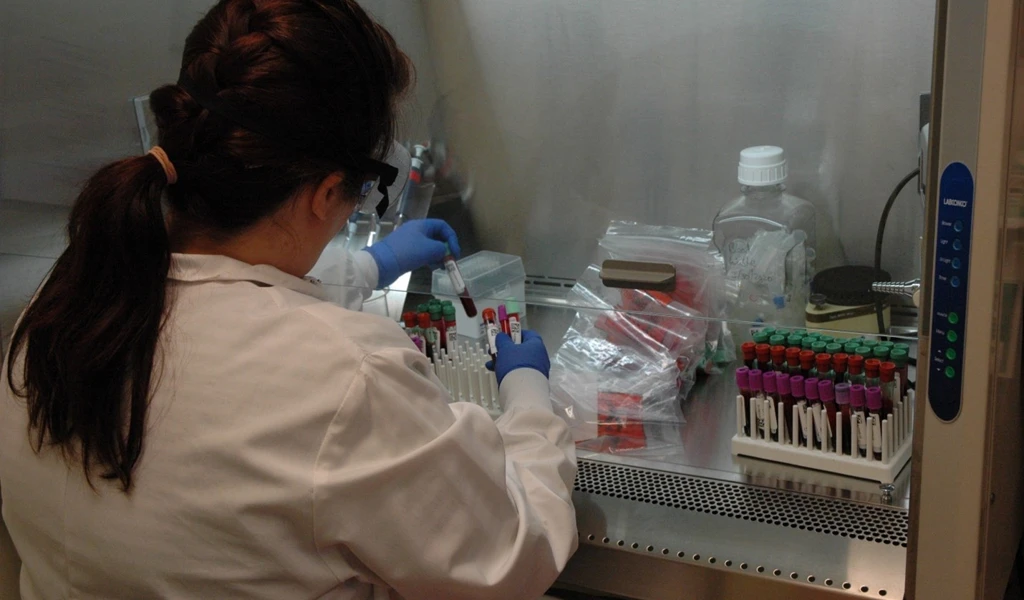The development of multiple COVID-19 vaccines in under a year is a remarkable scientific accomplishment but by no means the end of the story; in fact, it is just the beginning. We now have the tools, technologies, methods and experience to accelerate the process of vaccine development even further. Our aspiration is that when the next pandemic arrives the world can have a safe and effective shot ready in just 100 days.
That "moonshot" goal is certainly ambitious, but I am convinced it is achievable with the right political—and financial—support. That is why I am honored that the UK Government will host CEPI's replenishment summit in 2022 to take our work to the next level.
This event will be the crucial moment for the world— including sovereign governments, philanthropic foundations, and the private sector—to take action to support CEPI's US$3.5 billion plan. The replenishment funding will support CEPI's vaccine research and development activities in 2022—26 and allow us to harness the current revolution in vaccine technology and dramatically reduce, or even eliminate, the future risk of pandemics and epidemics.
The UK's announcement of support underscores its commitment to play a leading role in strengthening global health security. In addition to being one of CEPI's biggest investors, it also builds on other important UK initiatives, such as the recently launched Pandemic Preparedness Partnership (PPP), chaired by the government's Chief Scientific Adviser Sir Patrick Vallance, of which I am a Steering Group Member.
As president of the G7 group of nations for 2021, the UK has elevated pandemic preparedness to the top of this year's G7 agenda. The UK, of course, is well positioned to encourage other countries to join the fight and learn the lessons of COVID-19 to advance vaccine development, manufacturing, and vitally, enable equitable access to these life-saving tools.
The world is now entering a more complex and unpredictable phase of the pandemic, in which some rich countries are well advanced in vaccinating their populations, but some nations are lagging behind. This inequity has left countries, such as India and Brazil, exposed to devastating new waves of disease and the whole world at risk of the emergence of novel virus variants with the potential to evade existing vaccines.
To maintain the precious gains made over the past year and ensure that we do not remain locked in a life-and-death race against SARS-CoV-2, it is critically important that we use the tools we have to suppress viral transmission globally. It is paramount that we take this opportunity not only to push forward with global efforts to end the acute phase of the pandemic, but also to continue to invest in R&D and manufacturing innovations for the future.
CEPI has a proven track record of doing this, after creating one of the world's largest portfolio of COVID-19 vaccines and helping found and now co-lead COVAX, a global effort to make 2 billion doses equitably accessible to 191 participating economies in 2021. But we must do more.
One thing is certain: there will be more pandemic threats in the years ahead and the next one may be even more deadly than COVID-19, which has already killed over 3 million people.
CEPI has a clear plan to counter the risks posed by the 260 viruses from 25 virus families that are known to infect humans, plus the myriad others that exist in animal and bird hosts and could jump the species barrier to humans at any time.
Our 100-day ambition for developing new vaccines will be achieved by preparing a library of vaccines against prototype pathogens that can be adapted rapidly to meet new threats, by optimizing and shaving time off every stage of the vaccine development process, and by working with regulators to develop risk-adapted strategies for ensuring that safety and efficacy of new candidate vaccines are carefully evaluated.
In addition, to combat the immediate threat of COVID-19, we will support the development of second-generation and variant-specific COVID-19 vaccines as well as the development of broadly protective Betacoronavirus vaccines that reduce the risk of future pandemics caused by any viruses related to SARS-CoV-1, MERS, or SARS-CoV-2.
The pandemic has compressed at least a decade of technology development into less than 18 months and validated many new vaccine platforms. Thanks to mRNA technology and other advances in vaccinology, a revolution in epidemic and pandemic preparedness is now possible. Our goals are within reach, as long as governments, global health organisations, and strategic partners are committed to backing this critical investment in global health security.
If we have learned anything from the current pandemic, it is that we must prepare better next time. We take pride in partnering today with the UK Government for our forthcoming replenishment event. An upfront investment of $3.5 billion is a small price to pay to avert millions of future deaths and trillions of dollars of economic damage.
Today's announcement from the UK Government on hosting CEPI's replenishment event is available here.
You can also find out more about our $3.5bn plan to end pandemics here: https://endpandemics.cepi.net
****
This blog post first appeared on CEO of CEPI, Richard Hatchett's LinkedIn page.
****



